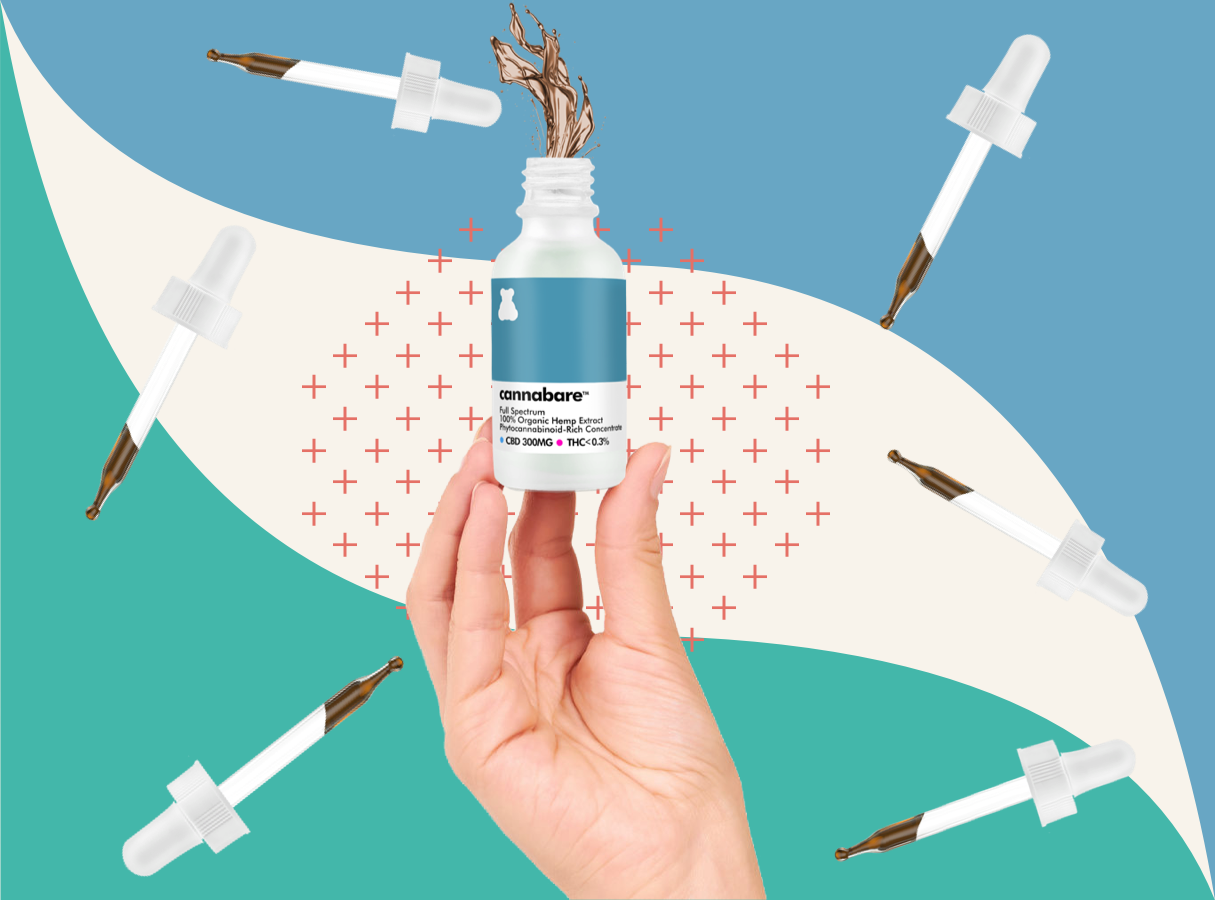CBD Health Benefits
CBD OIL FOR ADHD
ADHD (also known as ADD or hyperkinetic disorder) is characterized by difficulty focusing on tasks and excessive activity, and is the most commonly diagnosed developmental disorder in children and adolescents. It also affects 2–5 percent of adults. Controversy is related to both diagnosing and treating ADHD, which is often managed through a combination of behavioral therapy and pharmaceutical stimulants. ADHD patients are broken into subtypes: hyperactive-impulsive, predominantly inattentive, and combined.
ADHD is said to be a risk factor for addiction, including problematic high-THC cannabis use. However, CBD has been shown to reduce the symptoms of the disorder, and, when properly dosed and administered safely, CBD-dominant strains show promising results. While most people react to stimulants by becoming more energetic, ADHD brains have the opposite reaction—stimulants calm them down. Most other drugs for these disorders work by making dopamine more available in the brain, which helps to regulate behavior and focus attention. However, these drugs have negative side effects, especially when given to children, and the long-term benefits of their use are in question. More research is needed, but limited studies and anecdotal evidence suggest that the dopamine deficiency observed in ADHD patients can be balanced through cannabinoid therapy. High-CBD medicines may allow for more focus and concentration without the psychoactivity, although some studies have also shown benefit from THC for these patients, even enhancing their driving performance.
Dr. David Bearman, a major figure in cannabis research, has forty years of experience working on substance abuse programs and was a member of Ronald Reagan’s drug abuse task force. He has studied the relationship between the cannabinoid system and ADHD and discovered potential therapeutic value as cannabinoids interact with the brain’s dopamine management systems.
“Cannabis appears to treat ADD and ADHD by increasing the availability of dopamine,” Bearman states. “This then has the same effect but is a different mechanism of action than stimulants like Ritalin (methylphenidate) and Dexedrine amphetamine, which act by binding to the dopamine and interfering with the metabolic breakdown of dopamine.”
“The most accepted theory about ADHD rests on the fact that about 70 percent of the brain’s function is to regulate input to the other 30 percent,” Bearman says. “Basically the brain is overwhelmed with too much information coming too fast. In ADHD, the brain is cluttered with and too aware of all the nuances of a person’s daily experience.”




